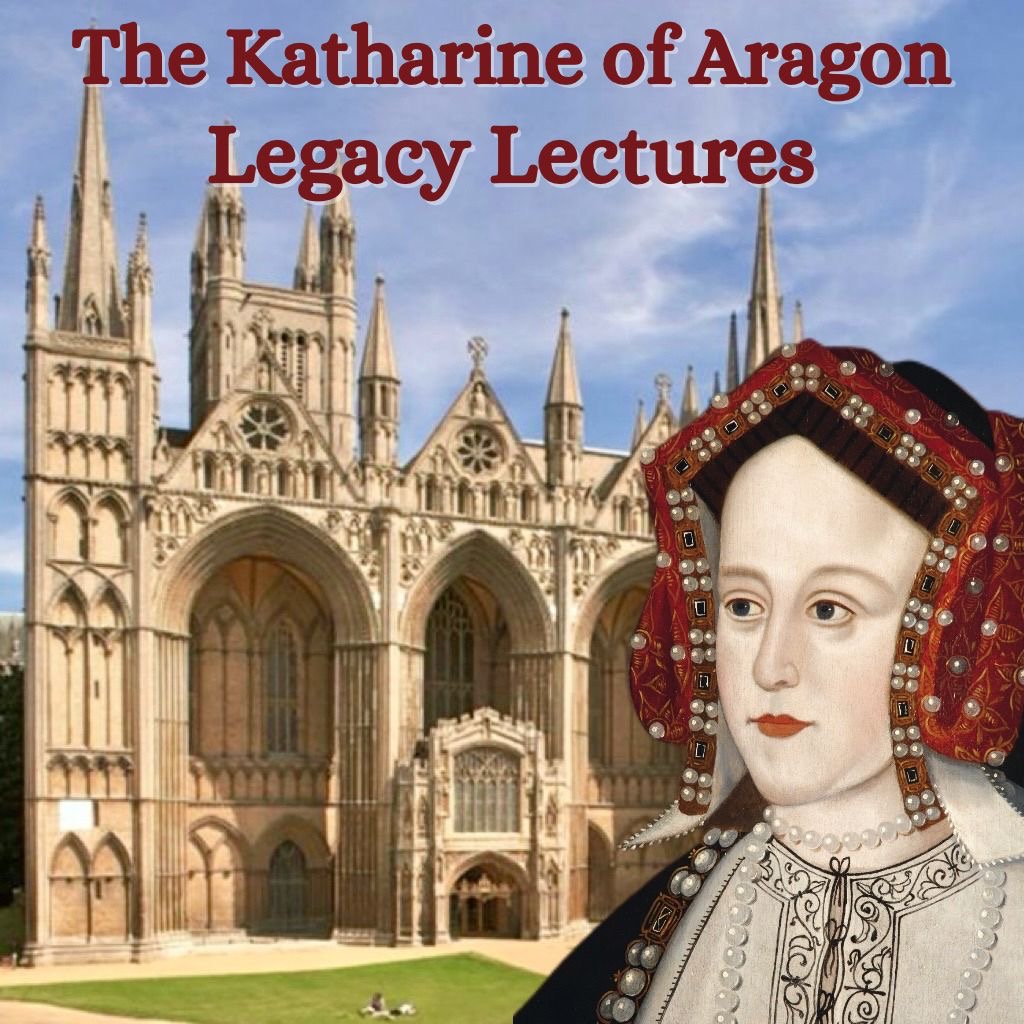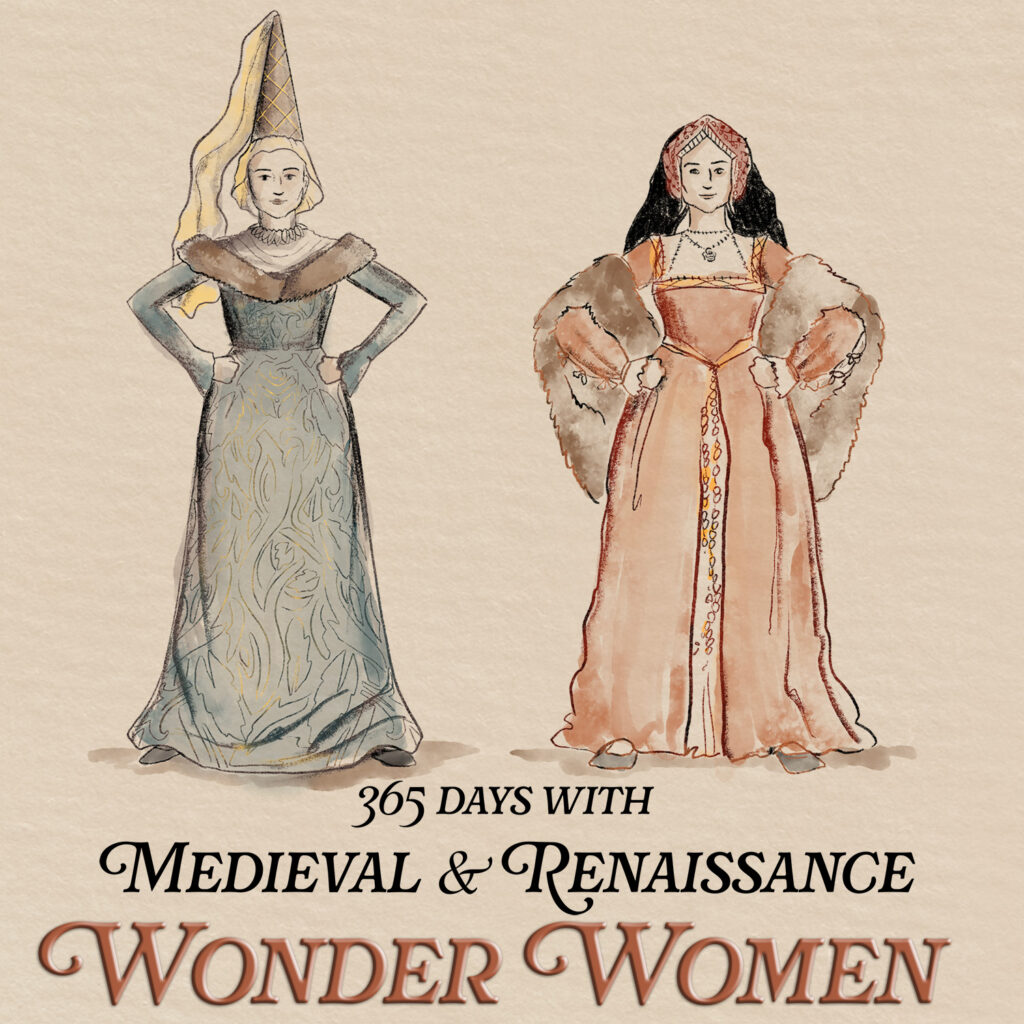I am delighted to welcome back Brandy Purdy to On the Tudor Trail. Brandy is the author of several historical novels, including The Boleyn Wife, The Tudor Throne, The Queen’s Pleasure and The Queen’s Rivals. She lives in Beaumont, Texas. Readers can connect with Brandy at www.brandypurdy.com.
 First off, give us a tease about The Boleyn Bride, which will be available starting February 25th, 2014.
First off, give us a tease about The Boleyn Bride, which will be available starting February 25th, 2014.
Elizabeth Boleyn is not your typical historical fiction heroine. The Boleyn Bride is the story of a vain, self-indulgent, and difficult woman who also happened to be the mother of three of Tudor history’s most fascinating figures—Mary, Anne, and George Boleyn—and explores how having such a mother might have influenced the people they became.
How did you get interested in The Tudors? Was there a defining experience or moment for you?
When I was about nine or ten years old I read a book of ghost stories and it had a chapter about Anne Boleyn haunting the Tower of London. I was completely fascinated and began reading everything I could find about the Tudors. It’s actually what began my love affair with history, though it began with the Tudors it didn’t stop there and I soon began exploring other eras; it introduced me to a whole new world I might not otherwise have found without that book of ghost stories, which also remain one of my interests. This is why in each of my novels I always included something ghostly, whether it’s an actual scene featuring a ghost or just a reference to ghostly legends or supernatural lore; it’s my way of doing homage to that little book of stories that literally changed my life.
How did you discover Elizabeth Boleyn?
I know the mothers we have, as well as the mothers we don’t have, are often very influential on our lives, presence as well as absence, whether it’s emotional or physical, plays an important part, and when my publisher told me they wanted another Tudor novel from me my late mother was on my mind at the time and I began thinking about the Boleyn siblings and how curiously absent their mother was from the documented history of their lives, and I took it from there.
What was it about Elizabeth that made you want to tell her story?
Her absence is what first stirred my curiosity. When I sat down with the precious few known facts I kept coming back to that absence, and silence, I felt it so strongly I felt compelled to go with that, to make it part of the story, and explore what having a vain and proud mother who was largely absent, emotionally as well as physically, from their lives would have done to her children.
You describe the Tudor era in such detail: the customs, the fashion etc, can you describe your research process into the era?
I read a great deal about fashions, customs, beliefs, and daily life, as well as researching the particular person I am writing about and those who had the greatest impact upon their lives. My goal as a novelist is to make the people and their lives and feelings seem real, not just names and dates written on a page, I aim for the heart and soul rather than the kind of facts anyone can find in a reference book.
There isn’t much concrete documentation on Elizabeth Boleyn, did you find it difficult to find details on her life?
Very, her life is rather poorly documented, just a few facts and a little gossip that might have really been all malice given that it grew out of the whole Anne and Henry drama, and that absence is what inspired me the most creatively. I would like to take the opportunity here of saying that the real Elizabeth Boleyn might have been the most loving and caring of mothers and a dutiful and loving wife and we just don’t know it, history did not record it, so you should not judge the real person by the choices that I made as a novelist presented with the bare outline of her life and some snippets of gossip.
Any particular sources or texts you think all Tudor enthusiasts should read?
I’ve always particularly admired the non-fiction and biographical works of Alison Weir, her style is very readable, she has a gift for making history come alive, and explaining things in a way that is informative as well as entertaining. I think her books on the wives and children of Henry VIII are a splendid introduction to the curious and new Tudor enthusiasts as well as those with a longstanding interest in the period and its fascinating personalities. For those interested in learning about daily life in the Tudor era, Alison Sim has written a very interesting series of books that deal with various topics like cooking, housewifery, and fun and pastimes in Tudor England.
Since you’ve written several Tudor novels, who has been your favorite person to research and write about and why?
It’s definitely a tie between Lady Rochford (Jane Boleyn) and Amy Robsart Dudley.
It was such fun writing from the viewpoint of a madwoman in The Boleyn Wife, the book is intentionally over the top, I chose to portray Jane as a woman driven mad by jealousy and hate, these emotions color everything she says, so she’s probably not the most reliable narrator in the world, she is speaking with all the fury of a woman scorned. I still get mail from people who think I hate Anne Boleyn because of this book, when the truth is she’s one of the women in history I admire most.
Writing about Amy Robsart fulfilled a childhood ambition. When I was first discovering the Tudors, and becoming an ardent reader on many subjects, I first encountered Amy’s story in a book of unsolved mysteries, after that I was always on the lookout for more information about her. But she’s another one of history’s lost souls who has been reduced by time to being mostly just a name and a handful of facts. It made me so sad that she was only remembered for the way she died and because in life her existence had become inconvenient to certain people, even in novels most authors focused on the glamour and romance of Queen Elizabeth I and Robert Dudley. I said to myself if I ever wrote a novel when I grew up I was going to give Amy back her voice, to let her take centerstage for once, and writing The Queen’s Pleasure allowed me to do that.
In your opinion and from what you’ve found in your research, do you think the charges against Anne had any basis at all?
No, I think she, and the men accused with her, were innocent, at worst they were guilty of making some thoughtless remarks or gestures that could later be dredged up, taken out of context, misinterpreted, and used against them, and I think that’s something we’re all guilty of at one time or another.
Are there any lessons you think we can learn from the Tudor era?
Oh yes, I think that’s one of the reasons the whole saga endures and remains popular, you see the best and worst of humanity, true nobility, courage, cowardice, love, lust, greed, ambition, lies, devotion, faith, and honesty, it’s all there.
If you could go back in time to Tudor England and warn one person of something that would occur in the future, who and what would that be?
If I could, would I? No, I don’t think so, I’d be afraid of creating an even greater disaster if I interfered! For instance, if I warned Anne Boleyn about anything, England might not have had its greatest queen—Elizabeth. Little things can have great repercussions, and a life saved from an undeserved death doesn’t guarantee a brighter future, so, writing this in hindsight of course, I think I’ll keep my mouth shut and leave time traveling to much braver souls than I am.
(Read more about Elizabeth Boleyn in this article from the On the Tudor Trail archives – What Happened to Elizabeth Boleyn, Countess of Wiltshire?)

















Latest Comments